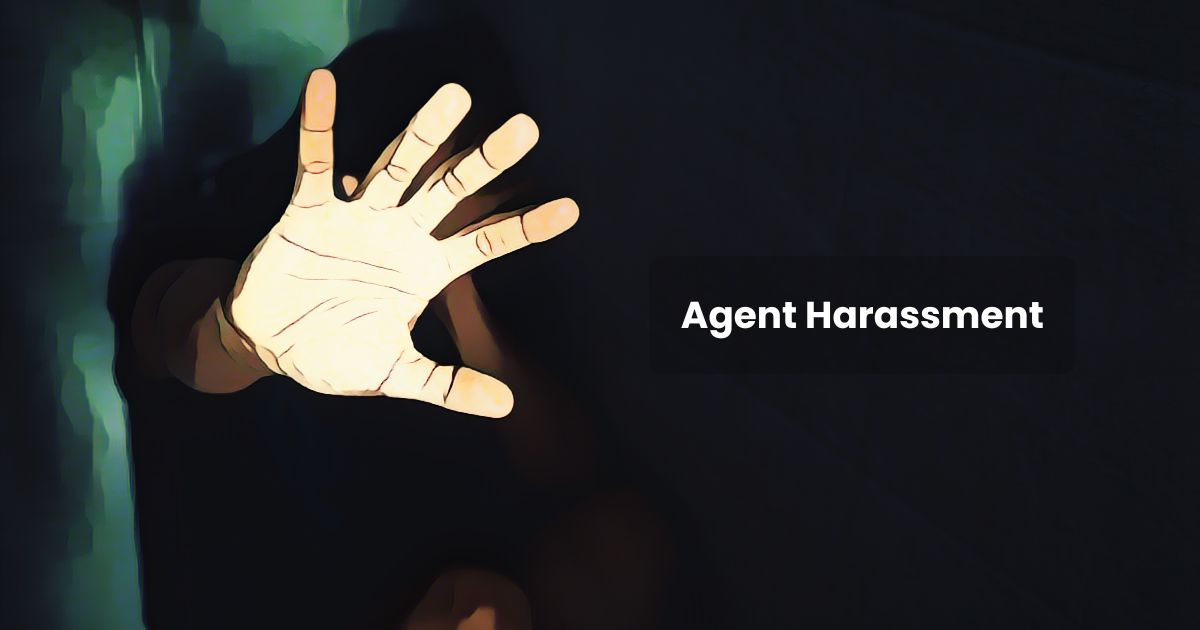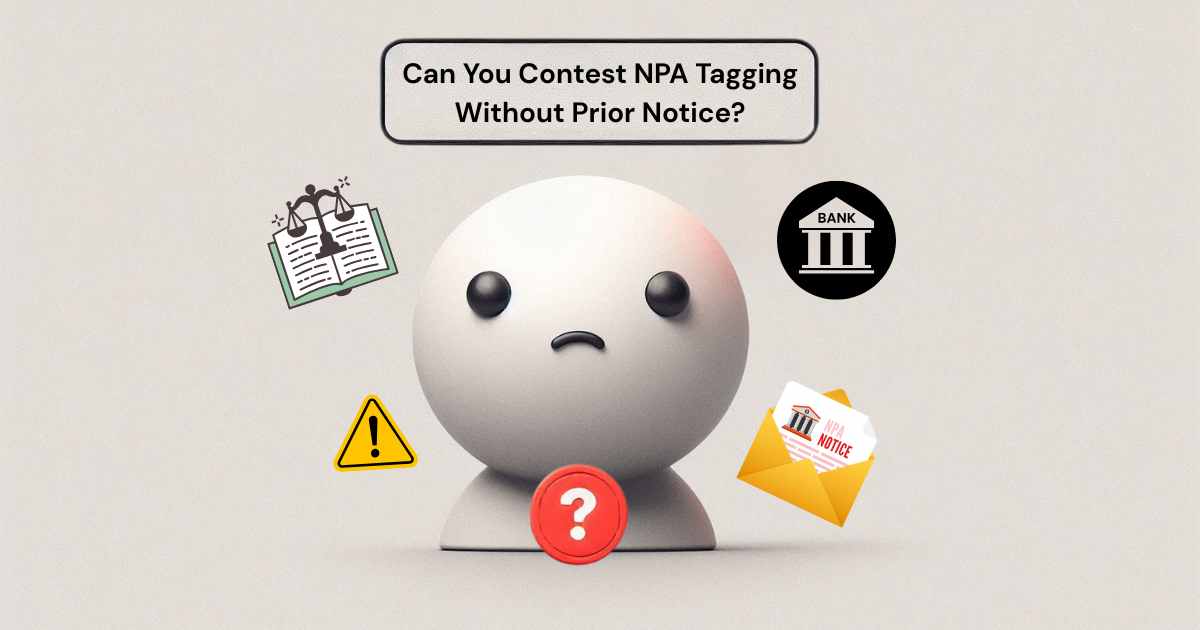· Borrower Rights & Debt Recovery · 3 min read
Know These 5 Recovery Agent Red Flags!
Learn the top 5 warning signs of illegal recovery practices by agents and how to protect your rights with legal steps and RBI support.

Loan repayment is a financial responsibility, but that doesn’t mean you lose your rights in the process. If you’re struggling with EMIs and begin receiving calls from recovery agents, it’s important to know the difference between lawful recovery and harassment.
The Reserve Bank of India (RBI) has issued strict guidelines on how recovery agents must conduct themselves. Yet, many borrowers continue to face intimidation, threats, and privacy violations.
Here are 5 red flags to watch for when dealing with recovery agents — and what you can do if you experience any of them.
1. Abusive or Threatening Language
Red Flag: If a recovery agent uses abusive, vulgar, or threatening language over calls or messages, it’s a clear violation of RBI guidelines.
What the law says: Agents must maintain civil behavior and respect your dignity at all times. Threats of police action, jail, or defamation are illegal in most civil loan matters.
What you should do: Record the call (if legally permissible in your state) and file a complaint with the lender’s grievance cell and the RBI Ombudsman.
2. Calls to Your Family, Friends, or Workplace
Red Flag: If an agent is contacting your relatives, neighbours, or employer to shame or pressure you, it’s a serious breach of your privacy.
What the law says: As per RBI rules, agents cannot involve third parties in recovery unless legally permitted (e.g., a co-borrower or guarantor).
What you should do: Save screenshots and call logs. Report the incident to the National Commission for Women (if applicable) or your local police station.
3. Unauthorised Home Visits
Red Flag: Agents showing up at your home unannounced or without prior consent — especially after you’ve requested a preferred contact method — is a violation.
What the law says: RBI guidelines mandate that recovery visits must be made only between 8 a.m. and 7 p.m., and should respect your privacy and safety.
What you should do: Ask for identification, document the visit (CCTV or video), and send a written complaint to the lender’s PNO (Principal Nodal Officer).
4. Misrepresentation or Identity Concealment
Red Flag: Agents refusing to share their full name, company, or authorisation letter are likely not officially appointed.
What the law says: Recovery agents must identify themselves clearly at the first interaction and carry valid documentation authorising them to recover dues.
What you should do: Never engage with anonymous or unauthorised agents. Report them to the lender and the police immediately.
5. Pressure to Pay in Cash or to Personal Accounts
Red Flag: If you’re being asked to pay cash or transfer money to personal UPI numbers or bank accounts, it may indicate fraud.
What the law says: All repayments must be made to official bank or NBFC accounts only. Agents are not allowed to collect payments into personal accounts.
What you should do: Never pay in cash without a receipt. Always confirm payment details directly with the lender.
Final Thoughts
Just because you’re in debt doesn’t mean you should tolerate harassment. Loan recovery is a regulated process, and borrowers are protected by law.
If you notice any of the red flags mentioned above, take action immediately. Document everything — calls, messages, visits — and seek legal support if necessary.
Need help drafting a complaint or responding to harassment? Reach out to our legal team at stopharassment.in for assistance.
Protect your rights. Stay informed. Don’t let anyone take advantage of your financial situation.

.7k4aTZVf.jpg)

